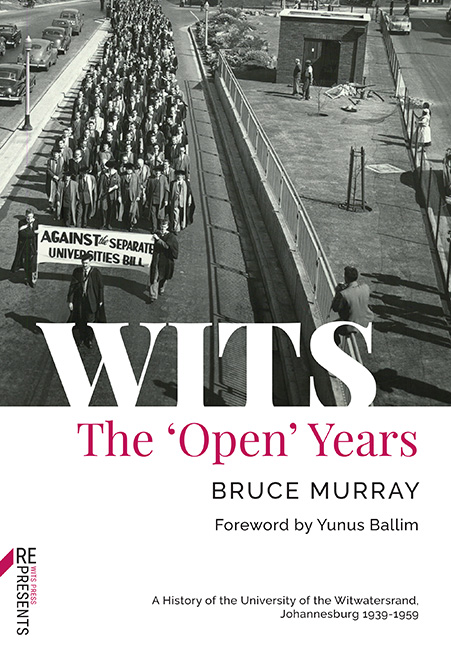7 - Professional Faculties
Published online by Cambridge University Press: 24 November 2023
Summary
The post-war era witnessed a formidable expansion in the South African economy, accompanied by steady population growth and accelerated urbanisation, creating a huge demand for skills of all kinds, particularly in the professions. The years 1945 to 1959 constituted a period of sustained growth for the economy, interrupted only by a few relatively mild recessions, and all sectors of the economy advanced. Between 1945 and 1960, the gross national income more than trebled in monetary terms, from £666 million (R1 332 million) to £2 225 million (R4 450 million), with per capita income rising from £59,1 to £141,5. The manufacturing industry provided the main engine of growth, and in the process transformed the balance of the economy. By 1960 manufacturing contributed 23,3 per cent of the Gross Domestic Product (GDP), as against 14 per cent for mining, 12,7 per cent for commerce, and 10,8 per cent for agriculture. Two factors underlay industrialisation, namely the expansion of the local market and import substitution, the latter often proving the more dynamic. By 1961 local industry was producing 75 per cent of the value of local consumption, as against 50 per cent in 1940/41 and only 27 per cent in 1929/30. While manufacturing surged ahead, mining and agriculture also boomed, and were crucial in expanding the local market for manufactured goods; the major mining houses, led by Anglo American, were themselves prominent in promoting the development of local service industries to the mining sector. The post-war extension of gold mining in the Far West Rand, Klerksdorp and Orange Free State fields gave the gold mining industry a new lease on life, with gold production virtually doubling between 1950 and 1960. As spectacular was the expansion in the non-gold mining sector, including the creation of the uranium extraction industry, with the value of the production of non-gold minerals trebling in the period 1950-60. The white agricultural sector, for its part, was modernised and transformed with the assistance of the state, and productivity increased greatly. Between 1945 and 1960 the contribution of agriculture to the GDP trebled from £89 million to £248 million.
- Type
- Chapter
- Information
- WITSThe 'Open' Years, pp. 172 - 232Publisher: Wits University PressPrint publication year: 2022



